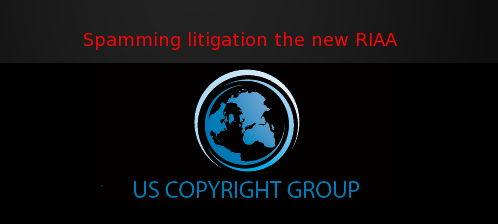Jason Schmitt a Professor at Wayne State University makes an interesting pro file sharing argument this week over at the Huffington Post. He argues that access in knowledge is a class issue and the people harmed by copyright protectionism that bans personal noncommercial sharing are the poor.
From my 2010 vantage point, after watching the war between the Recording Industry Association of America (RIAA) and illegal downloading for quite some time, I have no option but to say: go illegally download everything you want.
My reasoning for such a bold statement isn’t for my own greed, frugality, or to stick it to the man. Instead, my thought process exists to protect the under privileged. We live in an economic period which is widening the class gap between rich and poor, and cutting out the middle. From this reasoning, if a kid in Silicon Valley with a $3,000 silver laptop has the privilege from his Palo Alto technical education allowing him to figure out how to go on ZTorrent (a file exchange program), and download away to his hearts content — without paying Owl City for Fireflies, or a Mad Men episode, or for the $1,000 Final Cut Pro Suite — the act of the file showing up on his hard drive speaks more of his societal privilege than of his moral ethics.
In contrast, a large portion of my student body at Wayne State University graduated from Detroit Public Schools and have no concept of how to go about downloading files illegally. Why should an underprivileged student in one of my Detroit classes say she is going to spend $4.50 to go rent a video for my course? She is being blatantly penalized for her lack of a technical education provided by her schools, peer group, and larger community. Her life does not need another penalty.
Read the full story at the Huffington Post. I strongly agree that file sharing creates more access to works and has positive effects from a social justice perspective.





